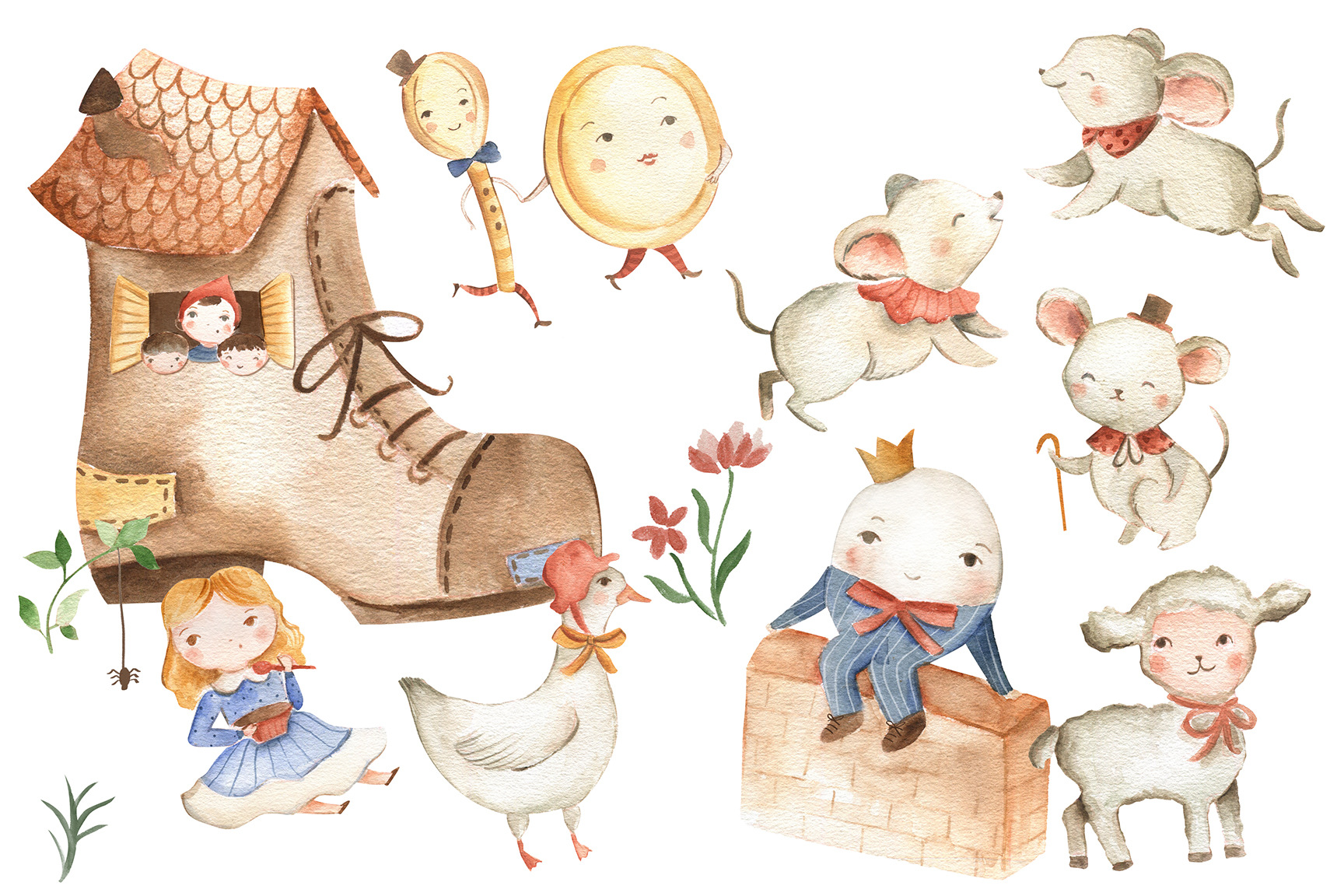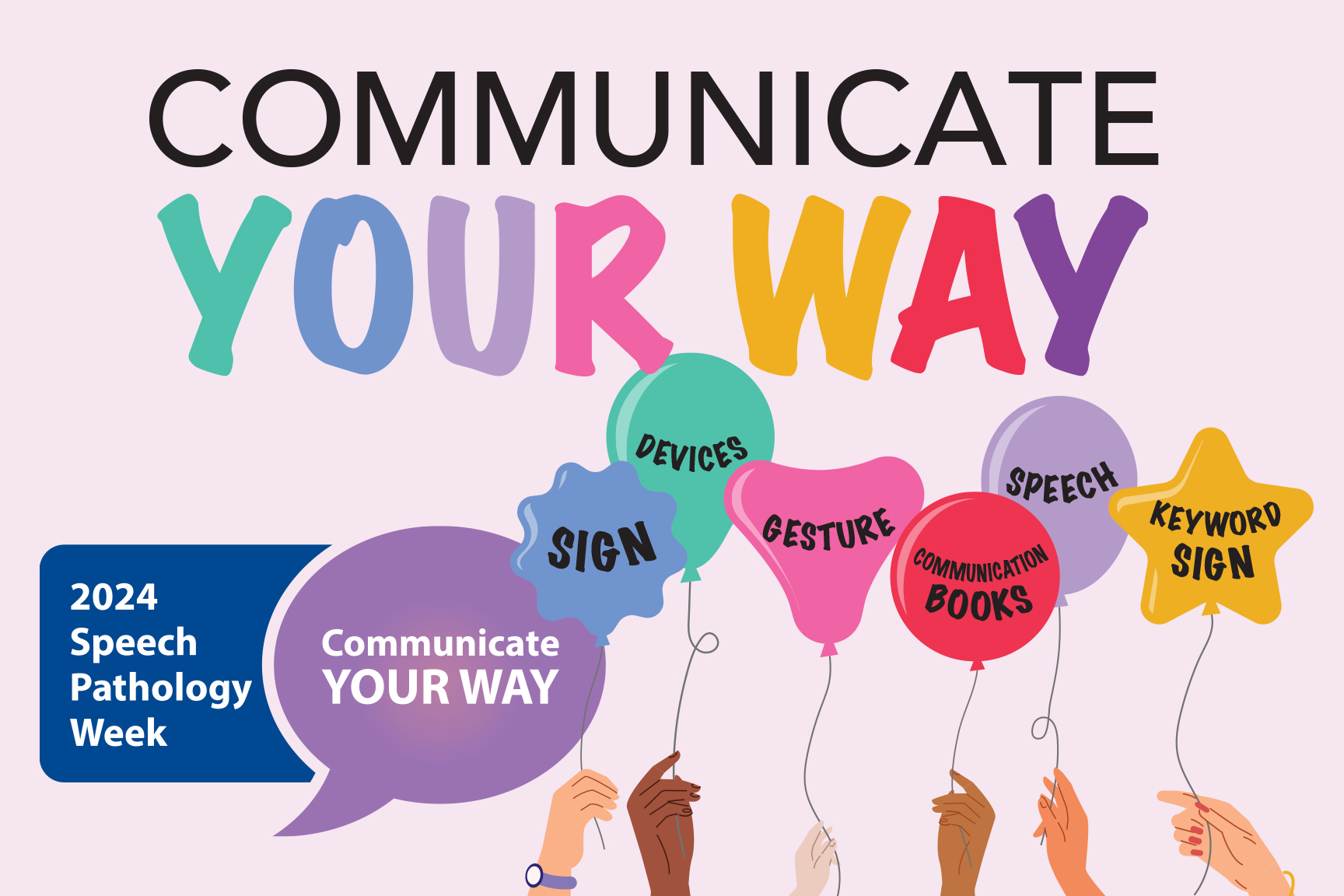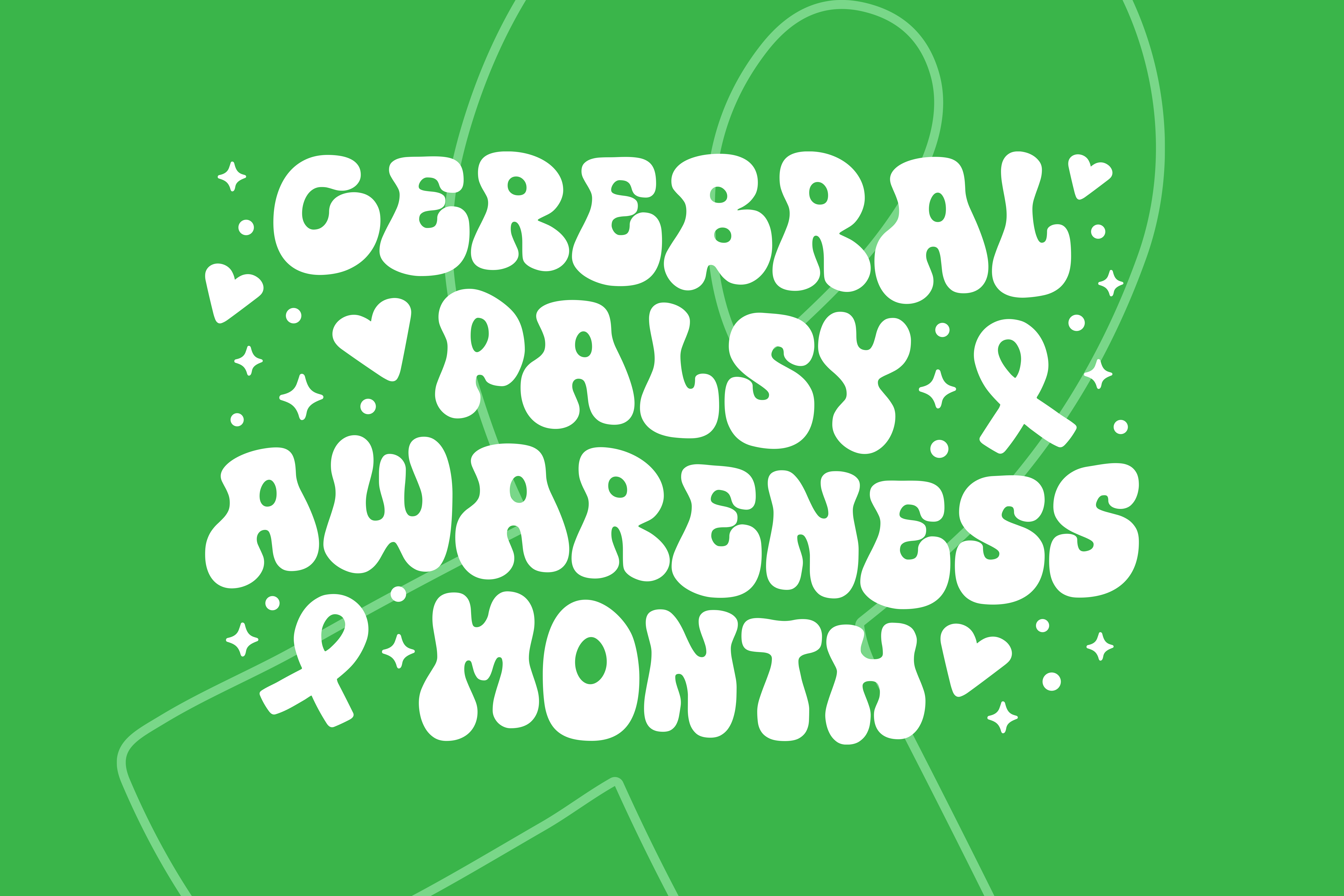23 August, 2023
Nursery rhymes - More than just a song

Nursery rhymes have long been cherished as a delightful and creative part of childhood. However, did you know that their significance goes beyond that? These seemingly simple and, at times funny songs can play an important role in fostering speech and language development for people in all stages of life.
Literacy Skills
Phonological awareness includes the ability to recognise syllables, rhymes and sounds at the start and end of words. This is an essential skill for reading and spelling success. Nursery rhymes allow the individual to become familiar with the idea that words have various segments – e.g Miss Mary Mack (M-iss, M-ary, M-ack) – there is definitive “M”. Emphasising the ‘M’ sound, helps individuals develop articulation skill.
Rhyming and Vocabulary Enrichment
The rhyming nature of nursery rhymes helps people to build their vocabulary and grasp the fundamentals of language. Nursery rhymes expose an individual to new words and concepts. E.g Sing a song of sixpence, a pocket full of rye, four and twenty blackbirds, baked in a pie.
Memory-Boosting Repetition
The repetitive structure of nursery rhymes means that an individual’s ability to remember the songs increases, and that naturally develops language skills. E.g Hickory, dickory, dock, the mouse ran up the clock. The clock struck one, the mouse ran down, hickory, dickory, dock.
Social Skills, including turn-taking and listening
Many nursery rhymes encourage social interaction. By singing together you are allowing people the space to listen, and collaborate (singing along with you, or in turns).
Numeracy Skills
Simple mathematical concepts such as counting and the concept of quantity can be introduced – e.g One potato, two potatoes, three potatoes – four, five potatoes, six potatoes, seven potatoes, more.
Comprehension and Narrative Skills
While all nursery rhymes tell some kind of story there are ones that have a clear beginning, middle, and end e.g Little Miss Muffet – she sat on her tuffet (beginning), then came a spider (middle) who ultimately scared her away (end).
Creativity
Many nursery rhymes encourage creative thinking and explore alternative possibilities e.g There was an old woman who lived in a shoe. She had so many children, she didn’t know what to do!
Nursery rhymes are a treasure trove of benefits for people of all ages that promote speech and language development. So, let’s embrace the magic of nursery rhymes and appreciate the countless ways they enrich minds, paving the way for a lifelong love of language and learning.


